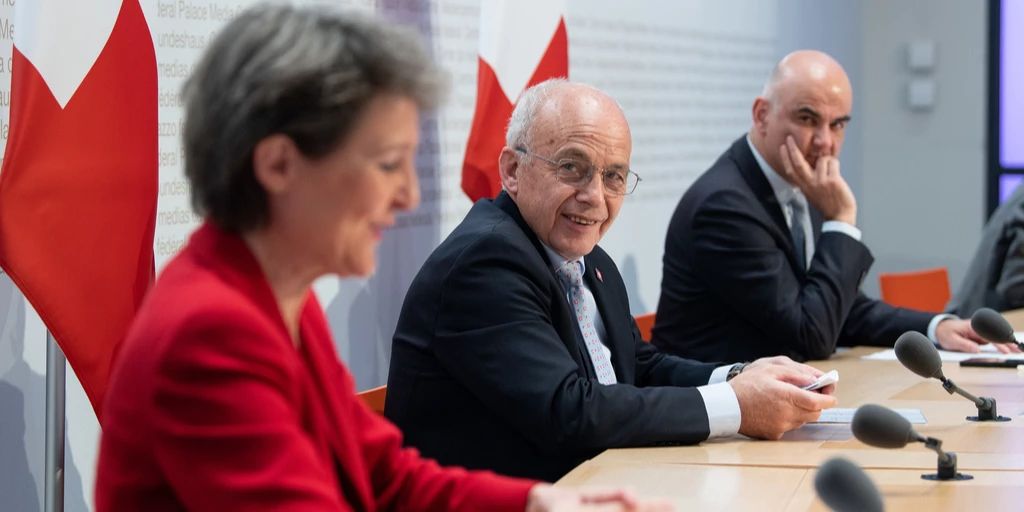While the general strike of the cargo union has caused a logistical crisis, the damage to industrial sites and the disruption of daily life are growing. With high interest rates, high prices, high exchange rates and slow exports, the Korean economy is heading towards a complex crisis, and the logistics crisis is also making matters worse. Furthermore, as the government and unions face a no-conceding confrontation over the cargo unions’ general strike, there are concerns about the extension of the strike.
The cargo union general strike, which celebrated its 11th day yesterday, failed to find a breakthrough to resolve the situation, as the number of returnees increased due to the issuance of the order to start work in the cement field, cement transportation is gradually recovering. The supply crisis, such as running out of gasoline at gas stations, is a sign of reality.
Two gas stations have been confirmed sold out in the Jeonbuk area, but those seats are expected to increase rapidly. Drivers who visited the gas station unaware that the gas had run out replied that it was all nonsense and urged a quick resolution to the general strike by cargo unions. In the case of couriers in particular, their livelihood is also threatened if service stations run out of petrol and cannot refuel.
When the negotiations between the government and the cargo union broke down, the conflict between the government and the government deepened. After the cement industry, the government is considering issuing more business start-up orders for the oil refining industry. Following the start-up order, the government is increasing the level of pressure by discussing the rules on oil price subsidies and the complete abolition of the safe tariff system.
The cargo union protests against this and plans an even tougher general strike. Cargo Solidarity argues that the government order to start operations in the cement sector is aimed at division and disintegration. The Korean Confederation of Trade Unions (KCTU) is taking a tough stance that it will hold a national meeting of workers in Seoul and Busan on the 3rd, followed by simultaneous general strikes across the country on the 6th.
The government, which should play a mediating role in labor management issues, is in the forefront and is confronted with the trade unions. The governing and opposition parties, which are supposed to actively mediate the general strike and resolve the situation, are focusing only on the political conflict. The logistics crisis puts the Korean economy on the verge of collapse and public unrest grows, but the general strike of cargo unions continues to grow.
Copyright © Jeonbuk Domin Ilbo Unauthorized reproduction, collection and redistribution prohibited


